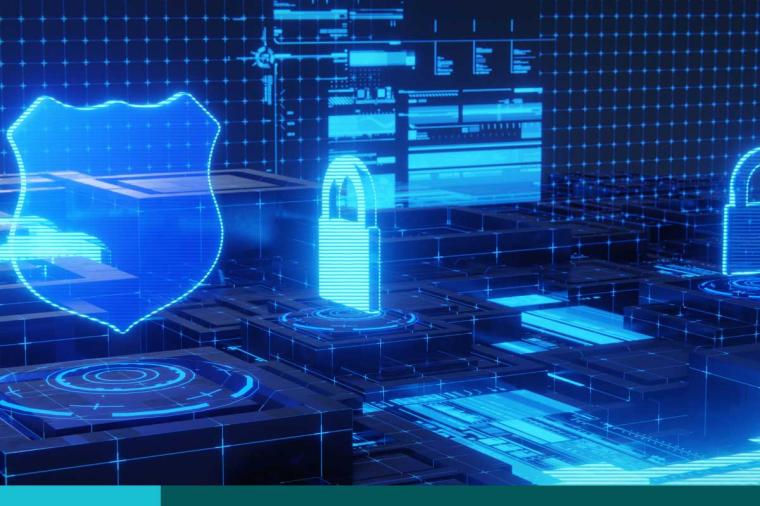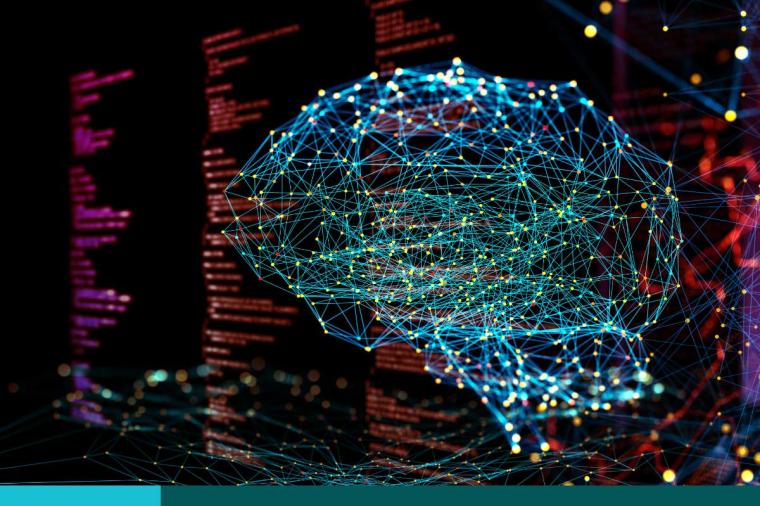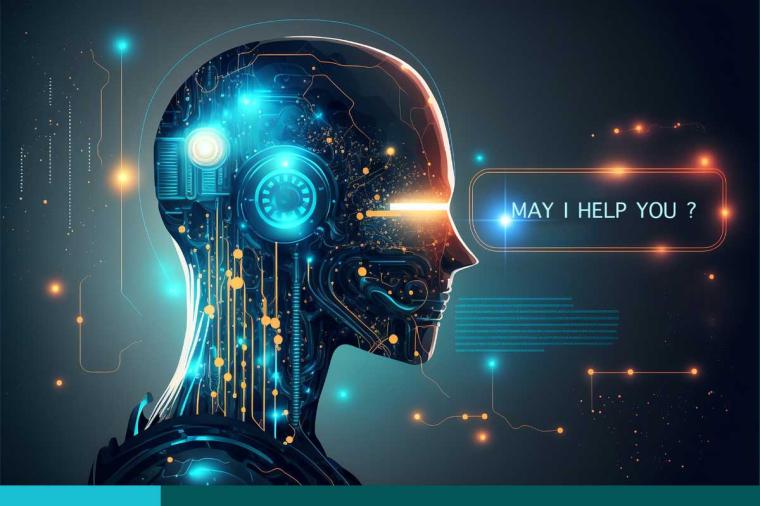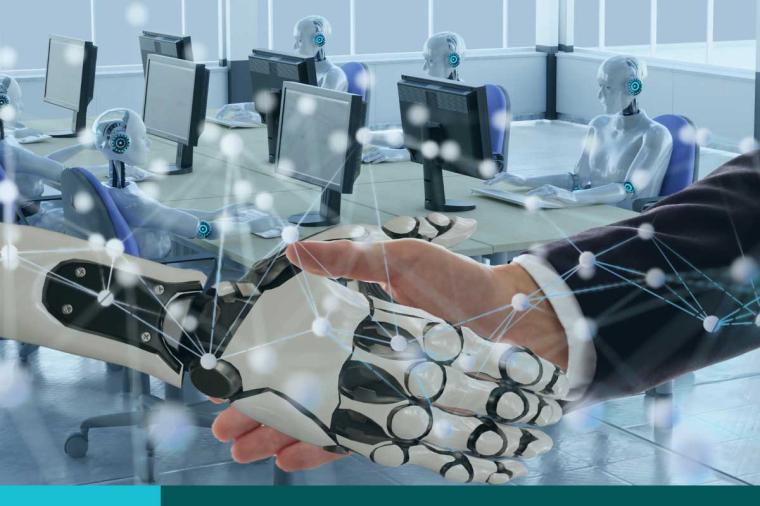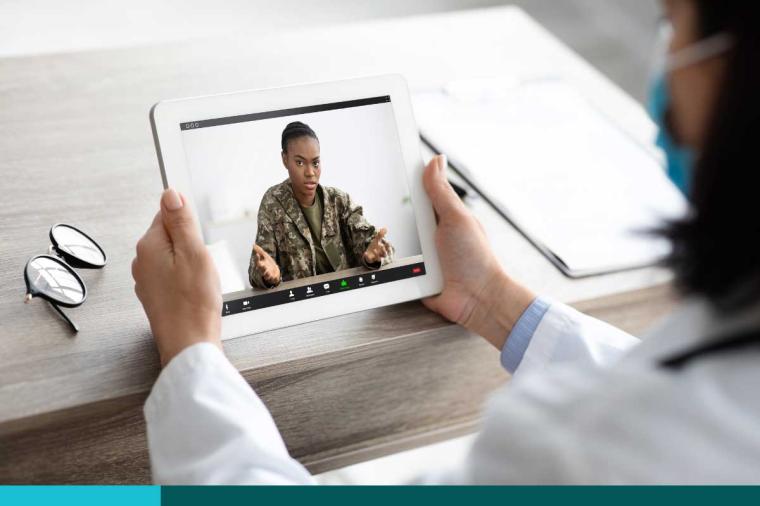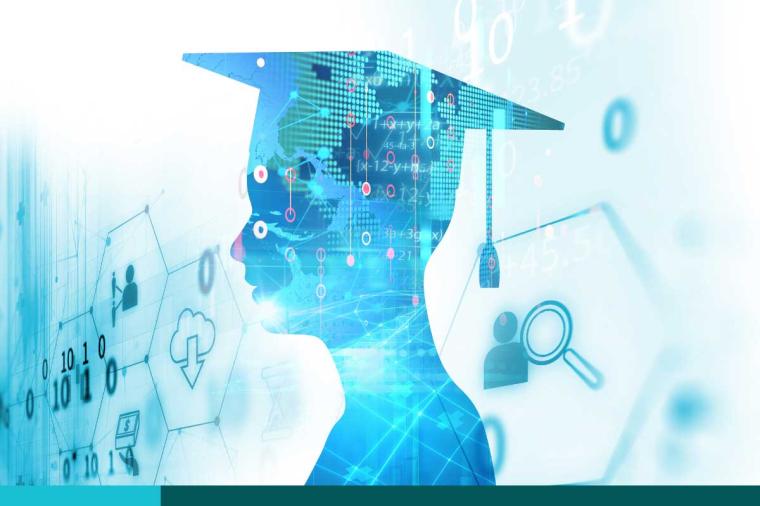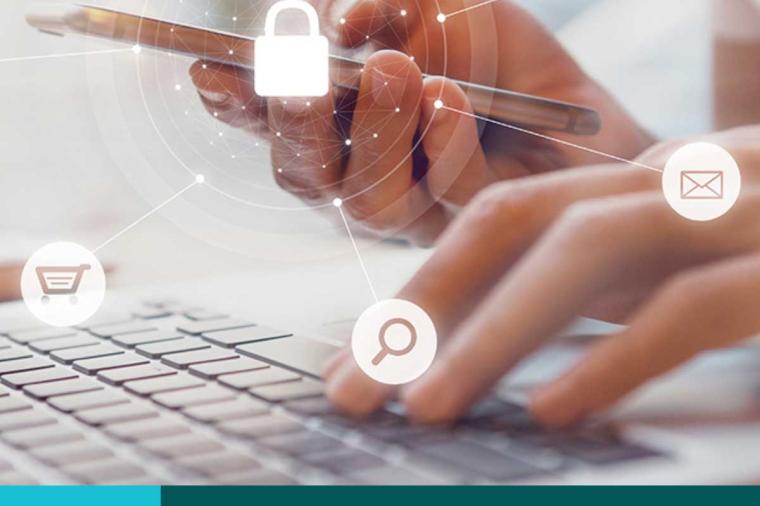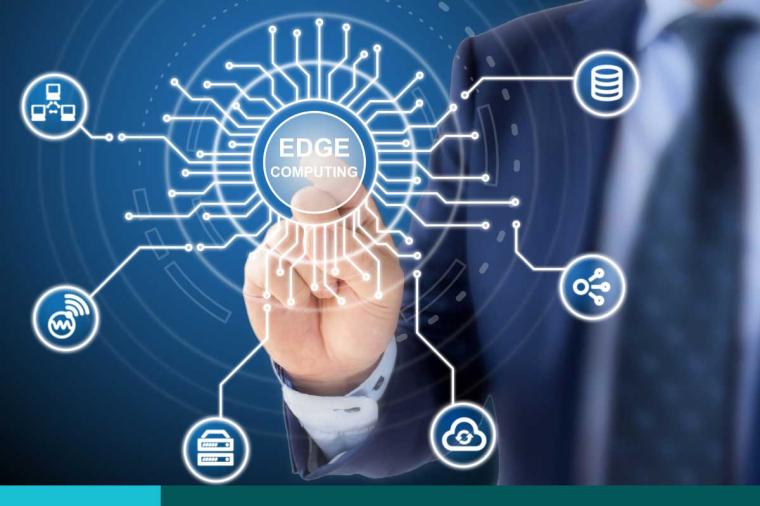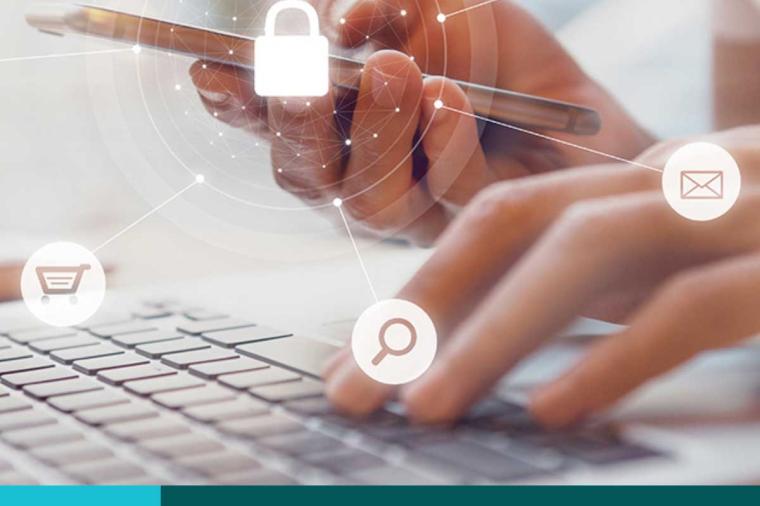The Inconvenient Truth About Professional Development in the Government Workplace

When you think of learning or professional development in the workplace, what thoughts spring to mind? Enduring another lunch and learn where a colleague shares their insights? Struggling to stay awake through another PowerPoint?
That kind of learning can be drudgery, even if it does come with a free lunch. But it doesn’t have to be that way. As Natalie Portman said: “I don’t love studying. I hate studying. I like learning. Learning is beautiful.”
The 70:20:10 Rule
In fact, research shows that only 10 percent of what people need to know to do their jobs well comes from formal training, 70 percent comes through experience and practice, 20 percent by talking to and networking with colleagues.
So, all those hours in front of webinars, learning management systems (LMS), and workbooks doesn’t get you far in terms of workplace development.
Yet, learning new skills and gaining a deeper understanding of your area of expertise is essential to professional success, improving our government, and developing new leaders.
The Learning Dilemma
You’re stuck. On the one hand learning is a must-have in any modern workplace. On the other, current professional development delivery systems aren’t working.
Research shows that today’s LMS platforms aren’t doing what their supposed to do. A Brandon Hall Group report reveals that a high percentage of customers think that their learning platforms don’t live up to expectations. Nearly 48 percent of organizations are thinking of replacing their LMS due to difficulty of use, inability to meet changing needs, and a lack of new features.
Enter a New Paradigm in Learning Programs
A new technology-based learning paradigm has evolved, one that stresses development planning, mentoring, and lots of sharing and collaboration. It’s a known fact that the multi-generational workforce is eager to use engaging training tools to acquire the skills and knowledge they need to excel in their professional roles.
With social learning tools, competency-based learning programs, and mobile access, you can provide a learning experience that captures people’s attention, and, ultimately, boosts their performance. When you can update materials and create customized training just as fast as technologies change and policies evolve, no one will get left behind.
Such tools can also help agencies hit their learning goals, such as:
- Standardizing training and learning across the agency.
- Producing replicable content.
- Enabling learning with consistent results, regardless of audience, location, language, or time zone.
- Shifting toward competency-based learning to match employees’ skills with specific jobs.
- Determining a learning budget for every employee.
They also help agencies hit their budget goals. Consider this, 85 percent of every dollar spent on classroom training goes toward delivering it, including travel cost. Over at the Air Education and Training Command (AETC), somewhere between $2,500 and $3,000 is spent per student on travel and room and board to send cadets to Randolph Air Force Base in Texas for training.
At the VA Mid-Atlantic Health Care Network which serves veterans, $116,000 in travel, facilitation, and facility costs has been saved since adopting online learning from DLT partner, Blackboard.
Blackboard is more than an LMS—it’s a seamless, integrated learning environment that includes mobile apps, online conferencing and virtual classrooms, talent and recruiting tools, and more. The comprehensive solution includes an LMS, but Blackboard’s technologies can integrate with many other third-party LMS products to help you build the learning environment that’s right for your personnel.
Improve Your Learning Outcomes
Download this eBook to learn more about how you can create a better government through professional development. You’ll learn:
- Why it's critical to leverage online technology in learning programs.
- The four steps to creating a flexible, innovative learning environment.
- What your top five learning goals should be.
- How leading agencies have dramatically improved training success.
- If you're ready to move beyond a basic LMS with a simple assessment.



















